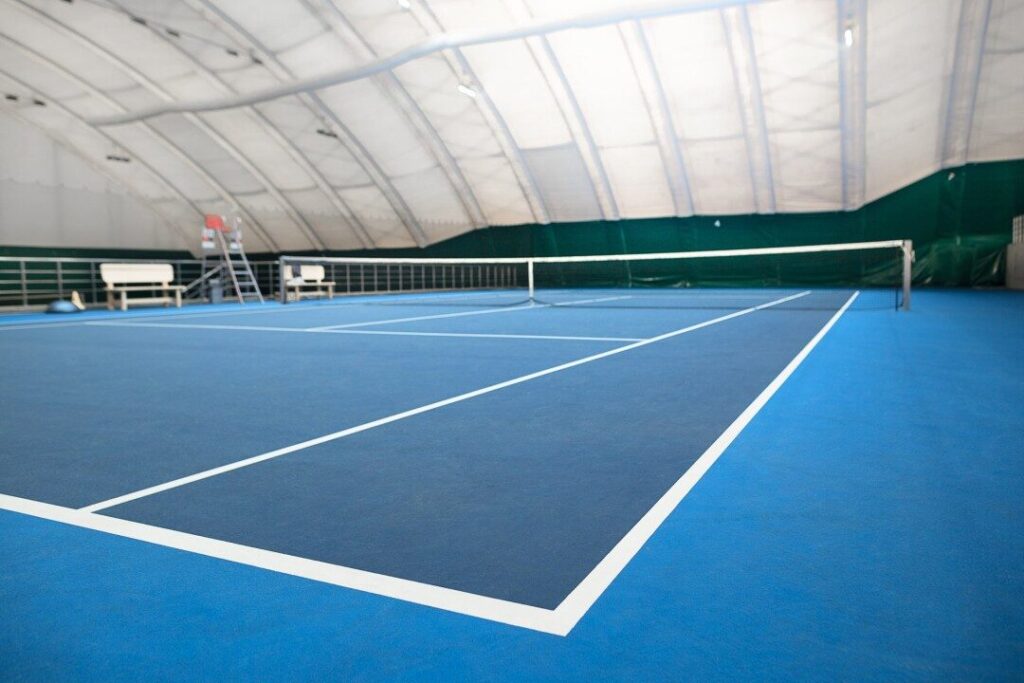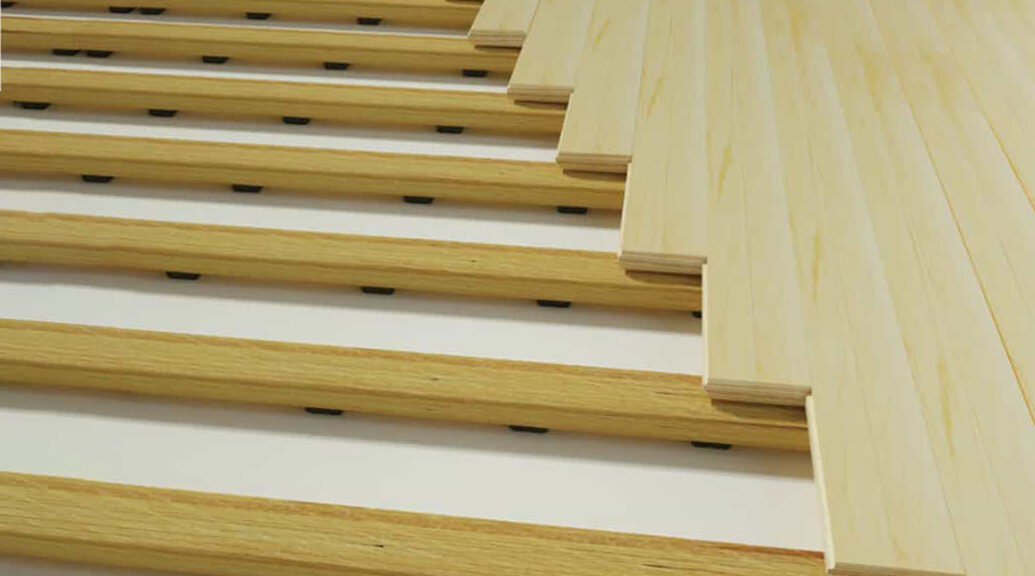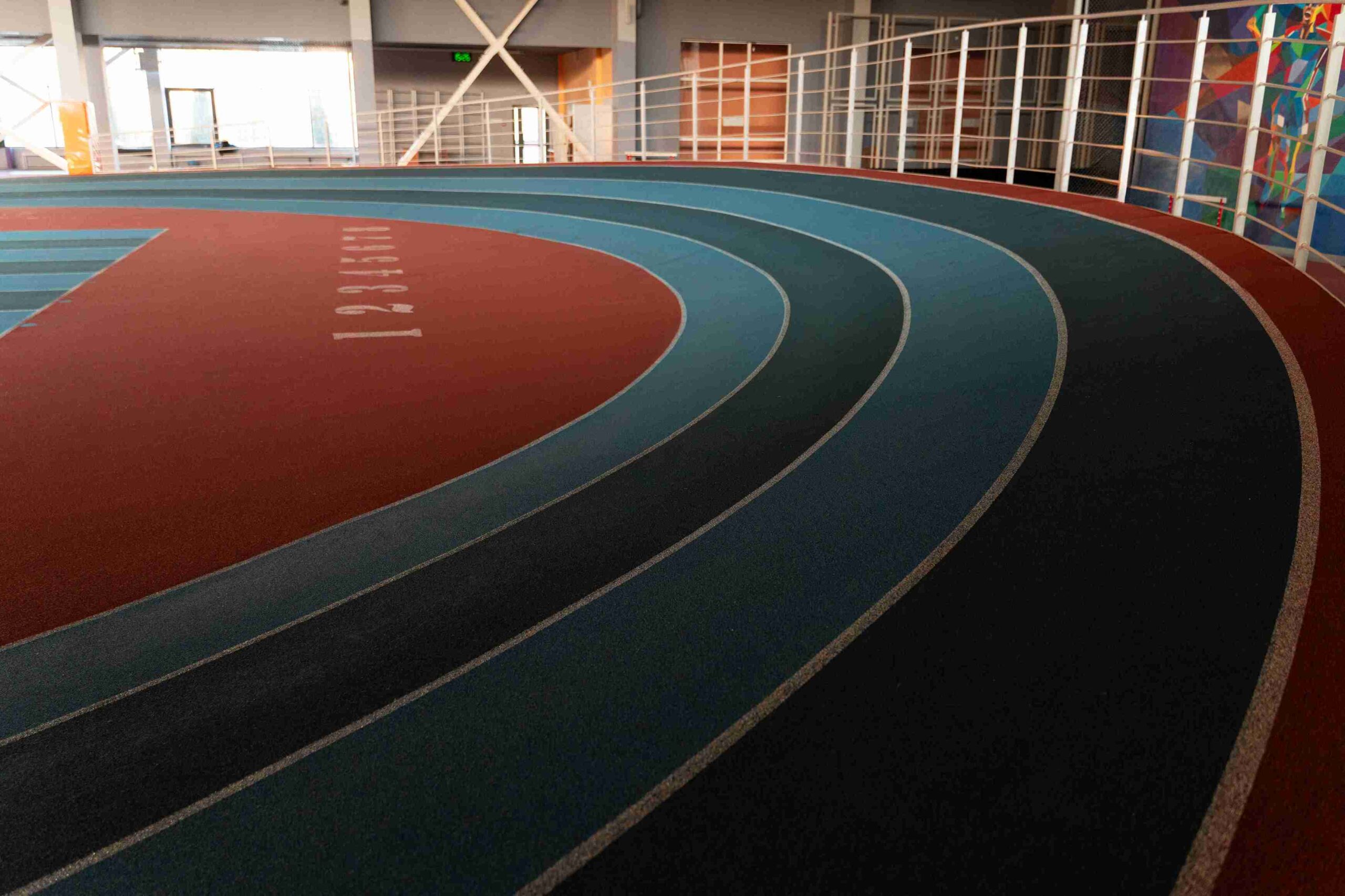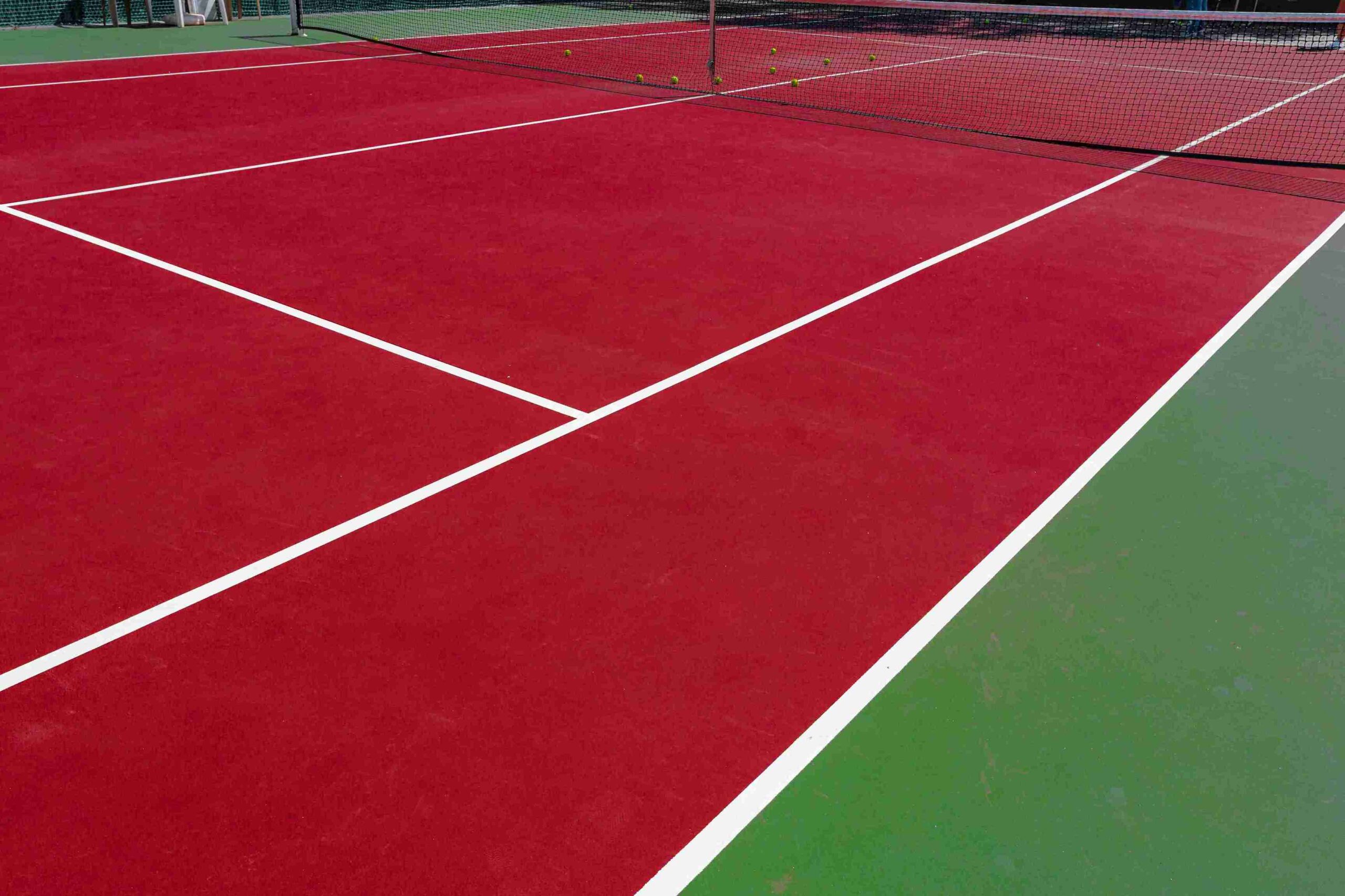When it comes to choosing the right sport flooring for your facility, the supplier you choose plays a crucial role in ensuring the quality, durability, and performance of the floor. With so many options available, selecting a supplier that understands your specific needs is essential.
From basketball courts to multi-purpose gyms, the right flooring can enhance performance, prevent injuries, and provide long-lasting value. In this guide, we’ll explore key factors to consider when choosing a sport flooring supplier, helping you make an informed decision for your space.
What Makes a Reliable Sport Floor Supplier?
A reliable sport floor supplier is one that consistently delivers high-quality products and exceptional service, ensuring that your flooring needs are met with precision. Key criteria for selecting the right supplier include the quality of their materials, the supplier’s experience in the industry, and their overall reputation.


A supplier with years of experience has the expertise to guide you through the selection process, recommending the best flooring options based on your specific requirements. Customer reviews and testimonials offer insight into their service quality and reliability, helping you make an informed decision.
Industry expertise is crucial when choosing a sport floor supplier, as it ensures they are knowledgeable about the latest trends, safety standards, and performance requirements of different sports. A knowledgeable supplier can recommend the ideal flooring material, whether it’s hardwood, rubber, or vinyl, based on factors like durability, shock absorption, and maintenance needs.
Their understanding of how different materials impact performance and player safety will ensure you select the most suitable flooring for your facility.
Types of Sport Flooring:
Selecting the right type of sport flooring depends on the specific needs of your facility, whether it’s for high-impact sports, fitness activities, or general use. We have discussed the most common types of sport flooring along with their benefits below:
Wooden Flooring: Ideal for Indoor Courts, Gymnasiums, and Basketball Courts
Wooden flooring, particularly hardwood, is the most popular choice for basketball courts, gymnasiums, and indoor courts due to its durability, performance, and aesthetic appeal. It provides excellent shock absorption, ensuring player comfort during jumps, quick pivots, and other dynamic movements.
Additionally, hardwood offers superior ball bounce and grip, making it perfect for high-performance sports.
Benefits:
Optimal shock absorption for player safety.
Consistent bounce for basketball and similar sports.
Professional, attractive appearance.
Long-lasting with proper care and maintenance.
Rubber Flooring: Popular for Multi-Purpose Facilities, Gyms, and Weight Rooms
Rubber flooring is widely used in multi-purpose sports facilities, gyms, and weight rooms due to its resilience and excellent shock absorption properties. It provides a non-slip surface that enhances safety, particularly in high-intensity settings.
Rubber flooring also helps reduce noise, making it an ideal choice for areas where weight lifting or other activities may create loud sounds.


Benefits:
Strong impact resistance and durability.
Provides excellent grip and safety.
Noise reduction and sound insulation.
Easy to clean and maintain.
Vinyl Flooring: Low-Maintenance Option for Fitness Studios, Schools, and Sports Halls
Vinyl flooring is a cost-effective and low-maintenance option for facilities such as fitness studios, schools, and sports halls. This type of flooring is durable, easy to clean, and offers a versatile surface that can be used for various indoor sports and activities.
It also provides moderate shock absorption and is resistant to wear and tear, making it a popular choice for high-traffic areas.
Benefits:
Low-maintenance and easy to clean.
Cost-effective and budget-friendly.
Available in a wide range of designs and colors.
Suitable for a variety of indoor activities.
Polyurethane Flooring: Used for Indoor Sports Such as Track and Field, and Gymnastics
Polyurethane flooring is typically used in indoor sports like track and field, gymnastics, and other athletic activities. Known for its superior elasticity, polyurethane offers excellent shock absorption, making it ideal for sports that involve high-impact movements, such as gymnastics and running.
Its smooth and durable surface ensures safety and comfort for athletes during intense physical activity.
Benefits:
High shock absorption and durability.
Smooth surface with superior traction.
Perfect for high-performance indoor sports.
Long-lasting with minimal maintenance.
By understanding the benefits of each type of sport flooring, you can make an informed decision when selecting a supplier. Each supplier brings their own expertise and high-quality materials tailored to specific sporting needs, ensuring that your facility is equipped with the best flooring solution.


How a Sport Floor Supplier Ensures Quality and Durability?
A reliable sport floor supplier ensures quality and durability through rigorous quality control processes during both production and installation. From the selection of raw materials to the final installation, suppliers conduct multiple tests to ensure that the flooring meets high standards.
During production, each material undergoes testing for wear resistance, shock absorption, and safety to ensure long-lasting performance in high-traffic environments. These tests help identify how the flooring will withstand continuous use, maintaining its structural integrity over time.
Additionally, the supplier carefully evaluates the impact of the materials on athletes’ performance and injury prevention. By choosing the right combination of materials, the supplier ensures that the flooring provides adequate grip, reduces the risk of slips, and absorbs shock to protect players’ joints.
This focus on quality not only enhances the overall playing experience but also contributes to the safety and well-being of athletes.
Choosing the Right Sport Floor Supplier for Your Facility:
Selecting the right sport floor supplier for your facility is a crucial decision that impacts the long-term performance, safety, and aesthetics of your space. Here are key factors to consider when making this important choice:
Project Scope:
The scope of your project plays a significant role in determining which supplier is the best fit. Whether you’re outfitting a gym, sports arena, or recreational center, the flooring requirements will differ based on the type of activities taking place. For a high-performance sports arena, you’ll need a supplier with expertise in providing durable, top-quality surfaces for competitive sports.
A recreational center may prioritize low-maintenance, cost-effective solutions. It’s essential to choose a supplier with experience in your specific type of facility to ensure the flooring meets the demands of the space.
Budget Considerations:
Pricing varies significantly across suppliers and flooring types, so it’s important to establish a clear budget from the outset. Hardwood floors may have a higher initial investment compared to options like rubber or vinyl flooring, but their durability and long lifespan could make them a more cost-effective choice over time.
Be sure to consider both the upfront cost and long-term maintenance expenses when comparing suppliers. Some suppliers may offer financing options or bulk discounts, so it’s worth exploring these possibilities to fit your budget.
Customization Options:
Every facility has unique needs, and a good sport floor supplier should offer customization options to accommodate these requirements. Whether it’s incorporating specific colors, branding, or designing a surface tailored for a particular sport, look for suppliers that can offer flexible, high-quality customization solutions.


This can include custom court markings, logos, or even specific material formulations for added safety or performance features.
Sustainability:
Eco-friendly flooring options are becoming increasingly important for facilities aiming to reduce their environmental impact. Many suppliers now offer sustainable flooring materials, such as recycled rubber or responsibly sourced hardwoods.
In addition to providing eco-friendly products, some suppliers may also use sustainable practices in their manufacturing and installation processes. For example, reducing waste or using low-VOC adhesives. If sustainability is a priority for your facility, be sure to inquire about the supplier’s commitment to environmental responsibility and the eco-friendly options available.
By considering these factors, you can make an informed decision when choosing a sport floor supplier that meets your facility’s needs and ensures the longevity and performance of your flooring investment.
Conclusion
Choosing between a professional sport floor supplier and a local contractor depends on your project’s specific needs, budget, and the level of expertise required. A professional supplier offers superior materials, tailored solutions, and long-term warranties, making them the best choice for high-performance, durable flooring.
On the other hand, local contractors may provide cost-effective flooring solutions for smaller projects but may lack the specialized knowledge and materials necessary for sports flooring. To ensure you’re making the best decision for your facility, reach out to an experienced supplier.
For expert advice and quality sport flooring solutions, contact VMKON today to get a quote and start your project with confidence!
FAQs
How do I know if a sports floor supplier is reputable?
To determine if a sport floor supplier is reputable, check their experience, customer reviews, and portfolio of completed projects. Reputable suppliers often have certifications, warranties, and strong industry relationships. They should also provide clear communication and expert guidance based on your specific needs.
Are there eco-friendly options for sport flooring?
Yes, there are eco-friendly sport flooring options, such as recycled rubber, bamboo, and sustainably sourced hardwood. Additionally, many suppliers offer low-VOC finishes and environmentally responsible manufacturing processes to minimize environmental impact.
What is the typical lifespan of sports flooring?
The typical lifespan of sports flooring varies depending on the material. Hardwood floors can last 20-30 years with proper maintenance, while rubber, vinyl, and polyurethane floors may last 10-20 years. The longevity depends on usage, maintenance, and the quality of installation.
How long does it take to install sport flooring in a facility?
The installation time for sport flooring depends on the size of the facility and the type of flooring. On average, it can take anywhere from a few days to a couple of weeks. Installation may be quicker for vinyl or rubber floors and longer for hardwood or specialized surfaces.









